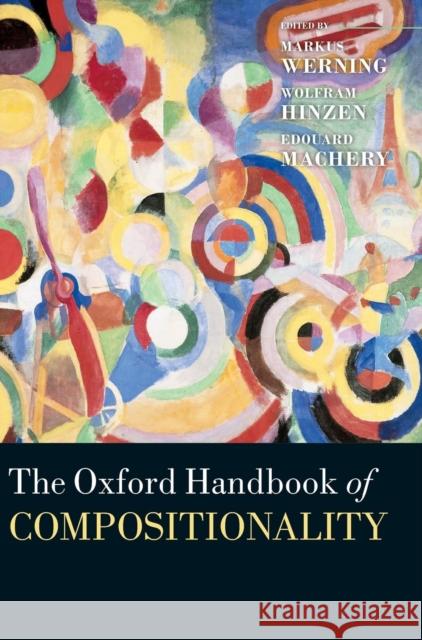Oxford Handbook of Compositionality » książka
Oxford Handbook of Compositionality
ISBN-13: 9780199541072 / Angielski / Twarda / 2012 / 560 str.
Compositionality is a key concept in linguistics, the philosophy of mind and language, and throughout the cognitive sciences. Understanding how it works is a central element of syntactic and semantic analysis and a challenge for models of cognition. In this book leading scholars from every relevant field report on the state of the art in all aspects of the subject. They reveal the connections in different lines of research and highlight its most challenging problems and opportunities. The force and justification of compositionality have long been contentious. First proposed by Frege as the notion that the meaning of an expression is generally determined by the meaning and syntax of its parts, it has since been deployed as a constraint on the relation between theories of syntax and semantics, as a means of analysis, and more recently as underlying the structures of representational systems such as computer programs and neural architectures. The Oxford Handbook of Compositionality explores these and many other dimensions of one of the most exciting fields in the study of language and cognition. It will appeal to researchers and advanced students in linguistics and philosophy and to a broad range of cognitive scientists including those











